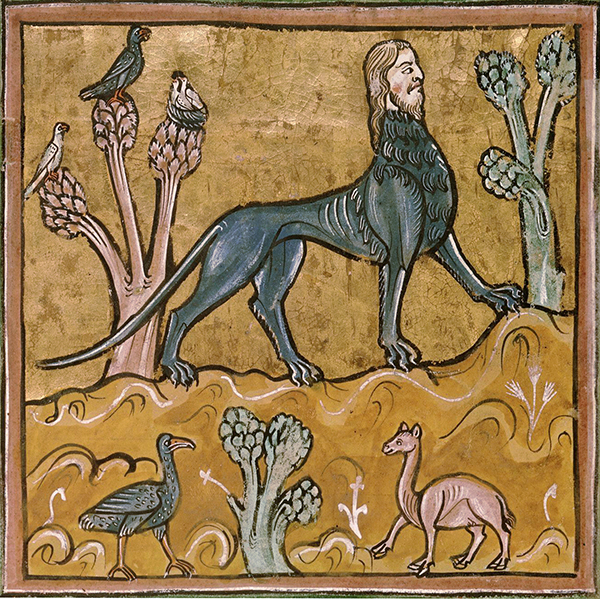.jpg) Today’s radio show on WOMR was about Gian Carlo Menotti’s madrigal fable “The Unicorn, the Gorgon and the Manticore”
Today’s radio show on WOMR was about Gian Carlo Menotti’s madrigal fable “The Unicorn, the Gorgon and the Manticore”
In a recent conversation about opera people and how weird we are, a friend asked if I ever played Menotti on the show – who you may know from such smash hits as Amahl and the Night Visitors. I hadn’t, so I did a little homework and found this one – which would have been perfect if only he had added a kraaken.
If your gripe is that opera is too long AND you can’t understand it, then perhaps The Unicorn, the Gorgon, and the Manticore is for you. It’s in English and is remarkably easy to follow along – unlike John Adams, where you’re all “surround the plutonium core from 32 points spaced equally around its surface….” WHAAAAAT?
Because unlike John Adams’ Dr. Atomic, this opera is not about the testing of the first atomic bomb.
The Unicorn, the Gorgon and the Manticore is a madrigal fable, telling a story – in English – with musical interludes thrown in for good measure. In addition to being great pets, the unicorn, gorgon, and manticore are allegories for three stages of the poet’s life.
The opera begins with the chorus (probably the townspeople) describing the poet as an oddball who lives in a castle and doesn’t hang out with them very much. He doesn’t even go to church. For a second you think it’s a liturgical-sounding version of Bluebeard’s Castle, but then instead of luring a new wife to her doom, he takes his unicorn for a walk. The contessa then must have a unicorn, and all the other townspeople follow suit.
The next week, the poet takes his gorgon for a walk through town. In case you’ve forgotten what a gorgon is, Medusa was one. Everyone assumes he offed the unicorn and replaced it with the Gorgon so that’s what they do, too. I hope you didn’t book a trip to their town that week, what with all the Gorgons and all.
The next week he appears with a manticore instead of the gorgon, so everyone offs their gorgons and there’s a run on manticores at the shelter. If again you have forgotten what a manticore is, it has the body of a lion, the face of a man, and the tail of a dragon.
And then the man doesn’t go for a walk at all. Not with so much as a hamster. So the people storm the castle. They find the poet and all three of his housepets at the castle. Not only has he not killed them, but he is the one who is dying, surrounded by the creatures of his fancy.

